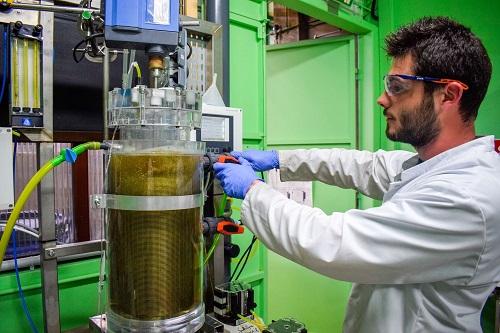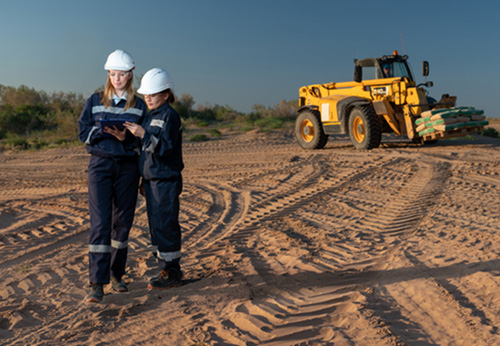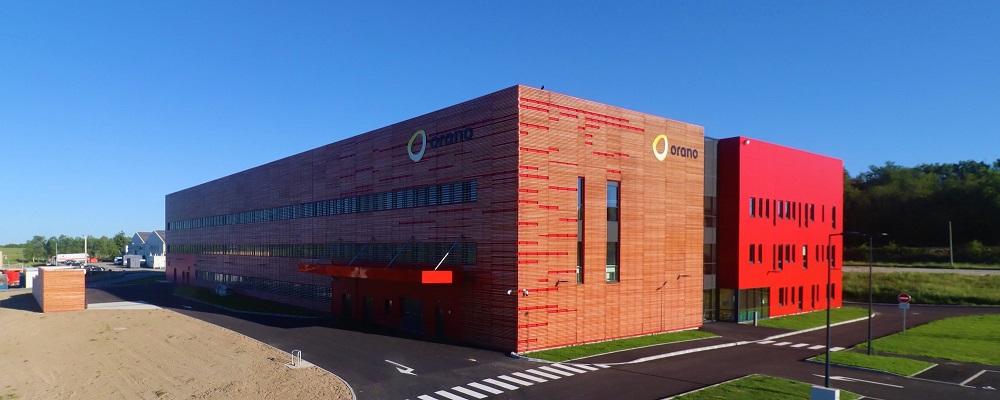
Biotechnology: Biological transformation of matter
A controlled, innovative, environmental friendly and and efficient bioprocess to valorize your by-products
-
The vast majority of industry processes use chemicals that have a significant environmental and financial impact.
The main interest of biotechnologies lies in the use of micro-organisms as an alternative to these chemicals. These micro-organisms could replace chemicals in an environmentally friendly way by exploiting the properties of micro-organisms, their associated enzymes, and their diversity. The development of such a process can be challenging.
Biotechnologies have many industrial applications including :
- Metal leaching
- Innovative recycling
- By-product recovery
- Biodegradability of organic materials
- Soil remediation
- Soil and aqueous decontamination
-
The aim of the CIME microbiology laboratory is to develop bioprocesses to address various problems of industrial process optimisation, water and soil remediation, product and by-product recovery..
CIME has the means to meet the needs for the study of a panel of microbial metabolisms on all types of matrices.
CIME’s fields of investigation include the study of micro-organisms:
- in aerobic condition through the provision of custom-made aerated/agitated reactors and agitated incubators
- in anaerobic condition by the use of gas injection ramps and the provision of a glove box
- on solid media in different processes, such as fluidised beds or fixed beds that are completely immersed
- Cultivation of pure strains by providing a microbiological safety station and Bunsen spout for the smallest manipulations and a sterilisation autoclave with a capacity of 80L
The various methods available at CIME allow the monitoring of microbial growth by:
- physico-chemical analyses of substrates and products derived from the culture
- microscopic observation and counting of biomass using a fluorescence microscope and phase contrast available in this laboratory.
- This process is of environmental interest since it allows reduction as far as the elimination of chemical reagents from the oxidative loop of uranium leaching processes.
- Low operational cost making it economically viable compared to a chemical process.
- Efficiency and industrial feasibility tested at CIME by coupling it with ISR (in situ recovery) and static type leaching processes.
-
- Environmentally friendly methods (low temperature and pressure levels)
- Low energy
- Limited greenhouse gas emissions.
-
-


